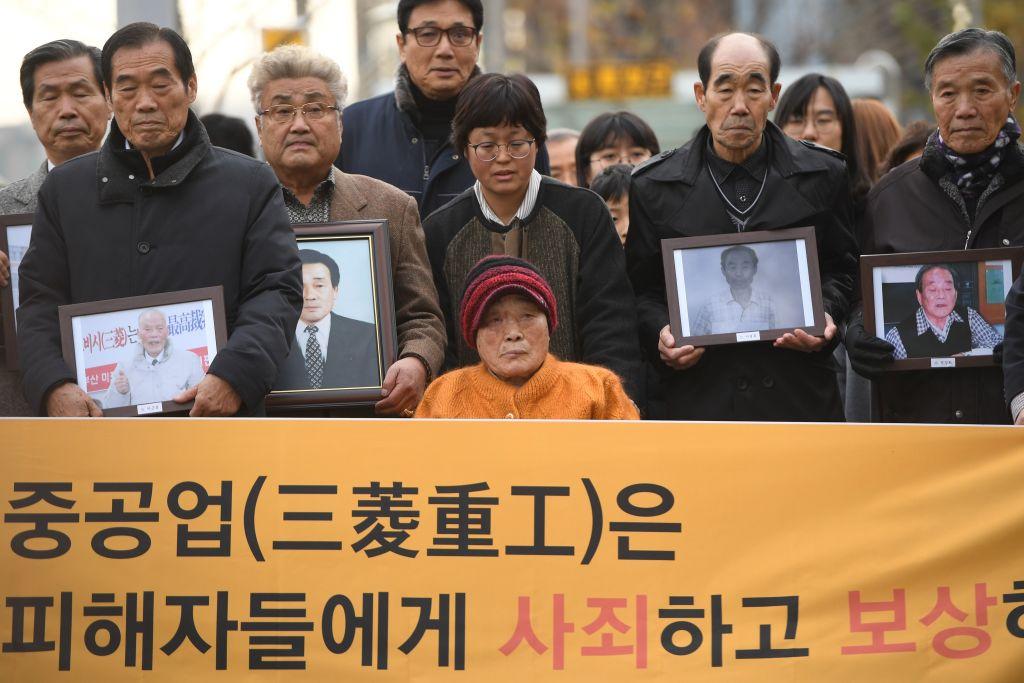The South Korean and Japanese foreign ministers have agreed on the need to resolve the wartime forced labor dispute that has strained bilateral relations between the two nations for decades.
South Korean Minister of Foreign Affairs Park Jin met with his Japanese counterpart, Yoshimasa Hayashi, in Tokyo on July 18 to discuss resolving the feud dating from Japan’s colonial rule of the Korean Peninsula from 1910 to 1945.





